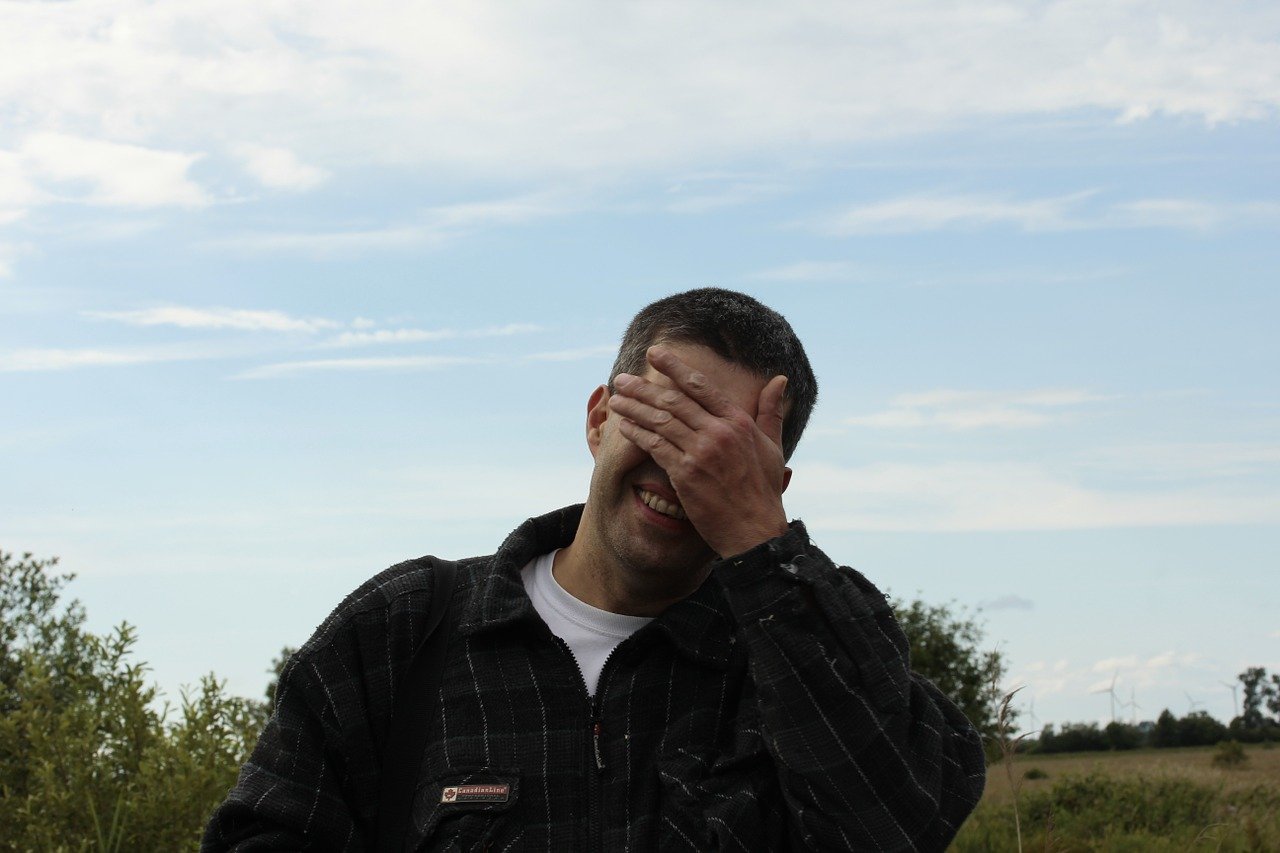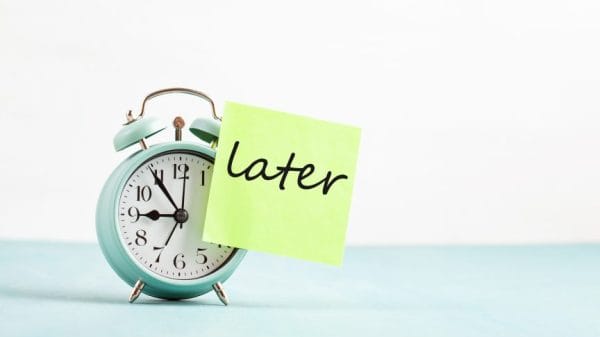I cannot count the number of times I will be doing something mindless, when all of a sudden my brain gets invaded and pierced by remembering some extremely awkward thing I did years ago… it sends shivers down my spine!
Finally, there’s an explanation for it!
With lockdown spanning over a year these days, its been easier than not reminiscing over all the social events I have been to in the past – and more so, all the missed opportunities, the chances I have had to embarrass myself…
There are far too many to recount, and every now and again, doing the dishes or hoovering my room, they pop back into my mind.
I fixate on thinking about what I could have done differently, or why they happened, and the feeling of shame that comes with it.
Most of them, fortunately, is completely laughable. But others tend to sting with shame a little more.
Lockdown has caused a lot of people with social anxiety greater time to hone in on the moments they feel this fear of shame, and it can be especially difficult for people with social anxiety to then step back out into the world. Lockdown has affected a lot of people’s mental health and allowed people to overthink past events beyond normal bounds. It is important that everyone recognize their healthy limits, and embrace the past with a sense of humor and laughter, so as not to be afraid once the world reopens.
However, in the meantime, UNILAD reached out to a psychiatrist to further explain the human experience of shame, and how it comes about and affects our mood.
Floss Knight is a psychotherapist, founding director of UK Therapy Guide, and has over 20 years of experience in the field. Therefore, Knight seems to have quite a good grasp on understanding the human experience, and shame (which unfortunately comprises a large part of life).
Knight explained,
Shame is a real prison, it’s not a friend. And we can kind of fixate on things and it becomes very self punishing and isolating. I think as we get to know ourselves better, it’s about how we respond to those instances.
Floss Knight, UNILAD
It’s about realising that what you’re feeling is not necessarily what somebody else is seeing, people are generally quite empathetic. We’ve all put our foot in it, and we’ve all done that hugely embarrassing thing.
When you’re in the heat of the moment, it is easy to forget that people around you will not judge you for that moment alone. If you saw someone trip over their shoelaces, it probably felt excruciatingly embarrassing for them, but chances are, you would not have thought too deeply about them. It is important to remember this when you find yourself beating yourself up overdoing something clumsy. It’s normal, and it happens to everyone. And chances are, no one else really noticed.
Knight drew on her own experience to explain how we grow resilience from when we tend to be more vulnerable during adolescence into adulthood.
I think, as we mature, that sensitivity certainly decreases. But we are acutely aware of how others perceive us, and I think one of the things is we might be less embarrassed when we’re more confident and more able to kind of build up our self-worth and resilience.
Floss Knight, UNILAD
We may learn to grow ‘resilience’ and toughen our skin by engaging in comforting conversations with trustworthy and non-judgmental people. Laugh about it with your mum over tea, or with your friend over drinks… If you feel it, it is normal to talk about it. And the more you talk about it, the more comfortable and normal these feelings become.
The point is, when you share things, it’s almost like bursting the power of the event, the experience.
If you go further, if you realise that you are somebody that suffers severely from feelings of shame and things from the past and so on, going to see a therapist can really help you resolve that.
And you can certainly explore the reality of what’s going on. The reality that you are after all human, and you have fact, fear and fantasy. Fantasy is, ‘everyone’s going to say this about me and no one will like me’, or whatever your narrative is.
And often when that happens, you are empowering yourself and disempowering the fear of those reactions.
Floss Knight, UNILAD
Many times, remembering an awkward moment from the past can be traumatizing and paralyzing – stopping you from ever going to that place where it happened again, or doing what you were doing then. However, Knight suggests an easy way to get over this mental block is practicing “helicopter position”. It implies looking at the perspective from a third-point, so everything is in relation to the world and you realize that what happened was not as big a deal as it felt to you from your own perspective.
So you’re looking down almost as if you can see you and you can see whatever was happening. It’s definitely a useful way to revisit that moment.
Floss Knight, UNILAD
When Knight works with her own clients, she practices this “talking through” of what happened, and especially why it felt as embarrassing as it did, considering from an external perspective it wouldn’t seem so. This makes it easier for her clients to recognize that they can forgive themselves for feeling the shame, and by forgiving themselves, they can then move on.
It is definitely very difficult to control never having invasive awkward memories come into your mind and making you wince, but the important thing to remember is that when they do come – what you can learn from them.
Another psychologist, Şirin Atçeken, spoke to UNILAD about the importance of remembering these awkward moments. They teach us to be more cautious, more empathetic, communicate with others better, and make more sensible decisions.
There are also plenty of other good qualities that come out of people who tend to feel embarrassed more easily:
We are often told to not worry about what others think of us, and this is certainly easier said than done. However, it’s important to think of the positives.
People who do care what people think, and who are embarrassed more easily, are often more trustworthy, and more honest. They also tend to be more authentic, and genuine. So next time you feel really embarrassed, think about what that says about you as a person.
Şirin Atçeken, UNILAD
It is important to recognize when those moments have passed, and not circle around these difficult moments obsessively in our minds. Of course, the anxiety and self-consciousness make it difficult to move on, but remind yourself often of the fact that it had passed, the chances it would happen again are rare, and that a positive outlook can come by forgiving yourself for it and learning to laugh about it. It is important you do not begin to define yourself by your clumsiness or your embarrassments. The talks you give yourself often affect your mood and overall psychology, so don’t be your own worst critic. Recognize you are more than those few embarrassing moments.

Psychologist Dr. Tara Quinn-Crillo recommends how:
Try not to avoid situations you fear may trigger embarrassment, acknowledge how you feel, what physical sensations you are experiencing, notice how you are behaving or feel like behaving as a result of these symptoms such as wanting to leave the room, talk more rapidly etc.
Try and breathe in through your nose and out through your mouth to slow your breathing, try some grounding exercise such as naming some things you can see or hear around you.
Dr. Tara Quinn-Crillo, UNILAD
Maybe even make a joke of it if you can. This can often help those around you know how to handle the situation too.

It is definitely difficult to ace this kind of mentality. But, every little effort does count. And what’s most important, is that you do not beat yourself up. Most people are going through similar anxieties during this difficult period of history. If you are experiencing troubles, reach out.
Do what you can to show yourself some self-love. Here are some tips on how massage therapy can help improve your mental health.
The Campaign Against Living Miserably (CALM) is there to support you. They’re open from 5pm–midnight, 365 days a year. Their national number is 0800 58 58 58 and they also have a webchat service if you’re not comfortable talking on the phone.
















